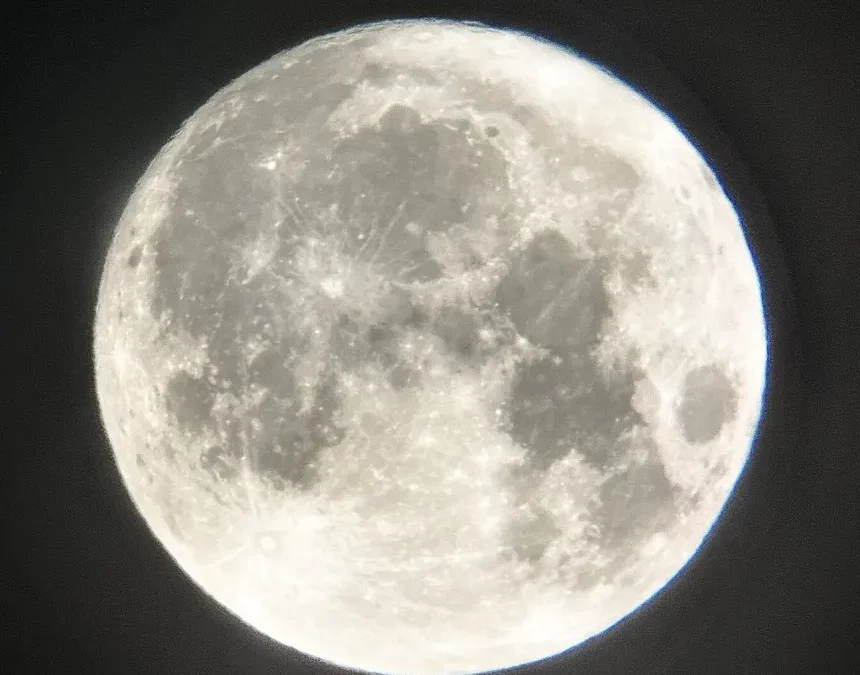When I was a teenager, the first year I was into astronomy was a year of anticipation and wonder. I marched through the annual progression of the heavens discovering stars and constellations. I’m a scientist now, but nothing compares to the fun I had during that year of discovery. But learning the night sky can be frustrating too. Like reading any map, you can easily get lost. The problem arises from the opportunity…all those thousands of visible stars. Unless you’re looking at the bright and obvious pictures in the sky like the Big Dipper, Orion, or Scorpius, then the constellations can be hard to decipher. It becomes worse as it gets darker too. That is when you can see the most stars and the fainter ones become more visible and can easily confuse and overload the mind and eyes of the novice.
I had thought that unless you were studying the moon, then it was bothersome “light pollution”, the astronomer’s enemy, only rivaled by the evil lights of civilization. One night while stargazing with my telescope, my Dad drove up with his headlights on. I scowled at him, “Turn off your lights. I can’t see anything!” He quickly complied, but immediately wondered what I meant. Unlike the rest of life, in astronomy, the darker it is, the more you see.
I thought I wanted it darker because I wanted to see it all. But I soon discovered that I had not the trained eyes to really see (notice with understanding) what I was looking at or seeking to see. So I slowly realized, begrudgingly, that the lunar interference was my friend and not my enemy after all. As a novice, I didn’t need the confusion of a myriad of confusing dim stars not knowing which constellation to associate them with. I only needed enough stars to find the constellations, build my map of the sky and find my way across the night sky.
I see that this lesson of my early amateur astronomy hobby serves as a valuable lesson in spiritual life.
We always want to see the end from the beginning, especially at the very beginning. The early, eager anticipation of soaking up “everything” at the feet of the Saviour is such a strong desire. But it can tend to overload us, cause problems, and frustrate us as we bite off more than we can chew (and swallow).
God’s solution, His grace for us, is the perceived irritations that “impede progress”. Such are His divine constraints to help us see and learn the Big Picture of Christian life. Time and grace will allow for us to build the general roadmap and build us up for seeing the nuanced beauty of God with understanding and appreciation. The answer of a parent “Later” is most frustrating to a child who makes a request, but as God is endlessly patient with us, let’s be patient with Him too. Do we not believe, “He doeth all things well”?
Job was eager for answers from God to explain his woeful predicament and dispel his critics and wife. But instead of explaining Himself or justifying His counsels for allowing Satan to put him through the wringer, God pretty much pulled rank on Job: “Can you untie the belt of Orion?” (Job 38:31b). Orion is the overall brightest constellation in the sky and Job could easily see its three belt stars in the winter sky, and even more distinctly on a moonlit night as the background noise of the faint stars were drowned out. Message received: You’re God and I’m not.
Let’s be thankful for and see the value of the “general” before we insist on the “specific”. Let’s allow for time to go from crawling to running. Being immature is a natural and needful stage for all creatures, even “new creatures in Christ”. The hidden things are for God and the revealed things are for man, so as God reveals Himself to us over a lifetime, it will be at a pace dictated by our training; our learning first the basics of the roadmap of the Kingdom of Heaven. He then gives us eyes to see more and not be confused especially when the darkness of life deepens.
In due time, He turns the lights totally off (that’s usually through pain, suffering, and loss) but that is when we see more of Him just as we see more stars and the Milky Way and are spellbound in pitch darkness by the “sweet influences of the (otherwise dim) Pleiades” (Job 38:31a). He doesn’t like to waste His revelation. Since His policy is “No Pearls Cast Before Swine”, He shows us Himself when it’s most impactful, not just for a big show.
Asaph struggled early in his Psalm 73 as he looked too deeply at first at the unfettered success of the wicked and got confused and discouraged (he sought too much darkness too soon). But after God changed his anguished outlook on the eventual fate of the wicked (Asaph’s merciful moon appeared), he then saw and appreciated his own position of being favored in God’s sight (a clear view of the roadmap). It is as an old Southern Gospel hymn goes:
Farther along, we’ll know all about it
Farther along we’ll understand why.
Cheer up my brother, live in the sunshine (moonshine for this analogy)
We’ll understand it all by and by.
I know this metaphor militates against Christ being “the light of the world” but follow my point: think not that one day God will turn on the lights and you’ll see everything clearly. Think rather that He’ll allow some light pollution to encumber your view of Him just enough for you to see the general simplicity found in Him. But soon enough He will turn off all the lights and you will not fear but rather see the total splendor of Him and more easily fill in the blanks that existed before- like the dim stars in a constellation. You’ll see His subtle, sweet, comprehensible influences burst forth against a backdrop of what impatient Christians seek prematurely as confused sensory overload and the unbelieving world sees only as a cold, bitter, and utter darkness.

